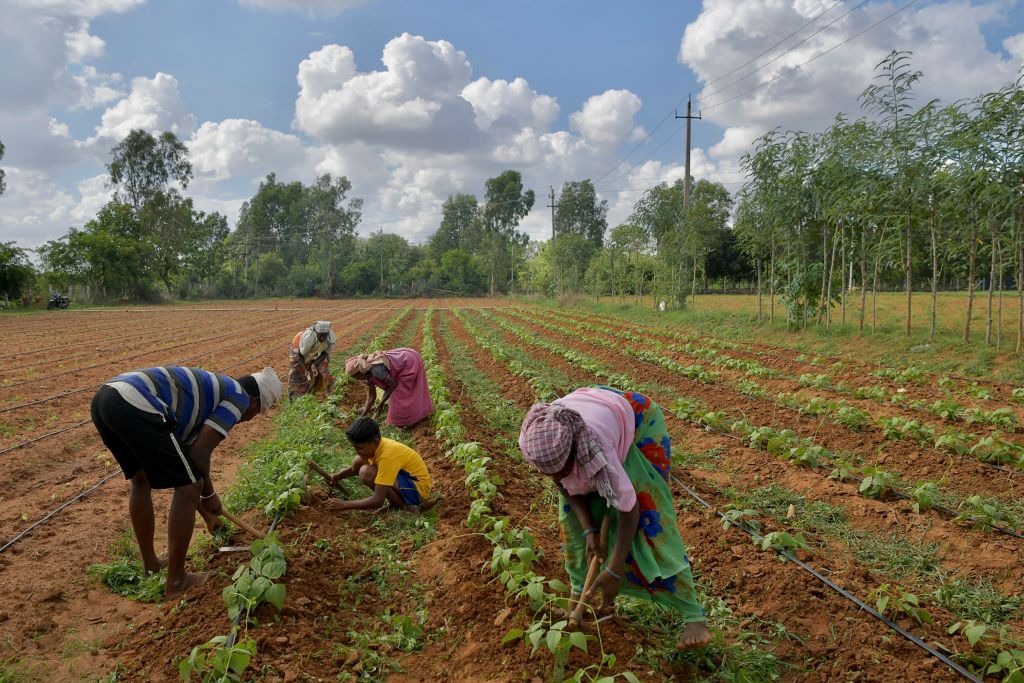- Friday, April 19, 2024

By: Pramod Kumar
INDIA’s Niti Aayog has said that the second Covid-19 wave will not impact the agriculture sector as rural areas saw spread of infections in May when agriculture activities were ‘very low’.
India’s policies on subsidy, price and technology have remained too much in favour of rice, wheat and sugarcane, and there is need to make the procurement and minimum support price policy favourable to pulses, Niti Aayog Member (Agriculture) Ramesh Chand told PTI.
“Agriculture activity in May is bare minimal, particularly land-based activities. It is a peak summer month and no crop is sown and harvested except little bit vegetables and some off-season crops,” Chand said.
“The activity peaks in March or till middle of April, after that it comes down significantly and again peaks with the arrival of monsoon.”
He pointed out that labour force is moving to rural areas as there has been a lot of increase in Covid-19 cases in urban areas and these labourers are willing to work in the agriculture sector for livelihood.
He noted that income from the agriculture sector, which is a major source of earning for rural people, is intact.
Chand suggested that the government should keep its emphasis on MGNREGA, Mahatma Gandhi National Rural Employment Guarantee Act.
According to him, remittance from urban areas, that has been going to rural areas and aiding rural demand, will fall.
He added: “In India, our subsidy policy, our price policy, technology policy, have remained too much in favour of rice and wheat and sugarcane. So I strongly believe that along with the technological breakthrough, we need to make our procurement, our MSP favourable for pulses”.
“Pulses are not like edible oil that can be imported in big quantity from outside the country as pulses are available in international markets in small quantities.”
When asked whether the government was considering reduction in import duty of edible oils, Chand said the main reason for the increase in edible oil prices is the rise in international rates.
“I feel that if prices (of edible oils) do not come under control then the government has a lot of cushion and that cushion is that duty rate on import should be reduced,” Chand said.
He pointed out that whenever price of a commodity rises, then the government reduces import duty on that commodity and when price falls then it increases import duty.
As per the government data, the retail prices of edible oils have risen by more than 60 per cent in over a year and are adding to the woes of consumers, who are already reeling under the economic distress induced by the Covid-19 pandemic.
India meets 60 per cent of edible oil demand through imports.
He predicted that the agriculture sector will grow more than three per cent in 2021-22. The farm sector grew at 3.6 per cent in the last fiscal.
![]()